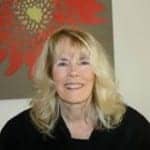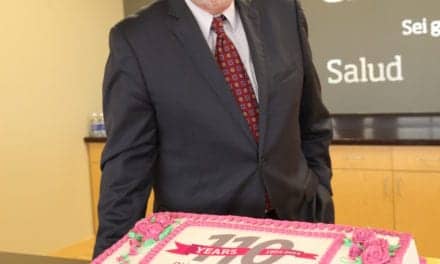A location that usually entertains fans will soon host a major public health event to ensure they will be able to enjoy the excitement for years to come.
On Saturday, July 27th from 9 a.m. to 3 p.m. at Olivet Nazarene University, 1 University Ave, Bourbonnais, IL 60914, members of the EarQ team, including several of its hearing healthcare providers, will participate in a major community health fair by offering free hearing health screenings and answering any questions that attendees may have about their hearing health or today’s advanced hearing technology.
Performing the hearing screenings will be audiologists from some of the area’s most prestigious hearing health providers: Loyola University Medical Center, Sertoma Speech and Hearing Center, The Hearing Rehabilitation Center and Waterford Hearing.
“We have an obligation as an industry to do a better job for the 30 million Americans who have yet to seek treatment for their hearing loss,” said Ed Keller, president of EarQ. “When an organization like this recognizes that hearing loss is a very prevalent issue outside of the known stereotype—it affects one in five teens, stay at home moms, blue-collar workers, etc.—and decides to incorporate our hearing health awareness efforts into their event to better serve their community, it is a historic benchmark for our industry and a sign of how EarQ is developing new ways to change the image of hearing better.”
More than 36 million Americans live with hearing loss. For many, occupational factors such as working in loud environments, the risk of repeated head injuries and stress can contribute to a higher incidence of impairment than in the general population. Recent studies have shown that one in five teenagers has hearing loss, as well as 60% of veterans returning from Iraq and Afghanistan. Left untreated, hearing loss can inhibit social interaction and a person’s ability to perform daily activities, which can lead to withdrawal, isolation, depression and increased instance of heart disease. Yet, only about 20 percent of people with hearing loss actually use a hearing device.



